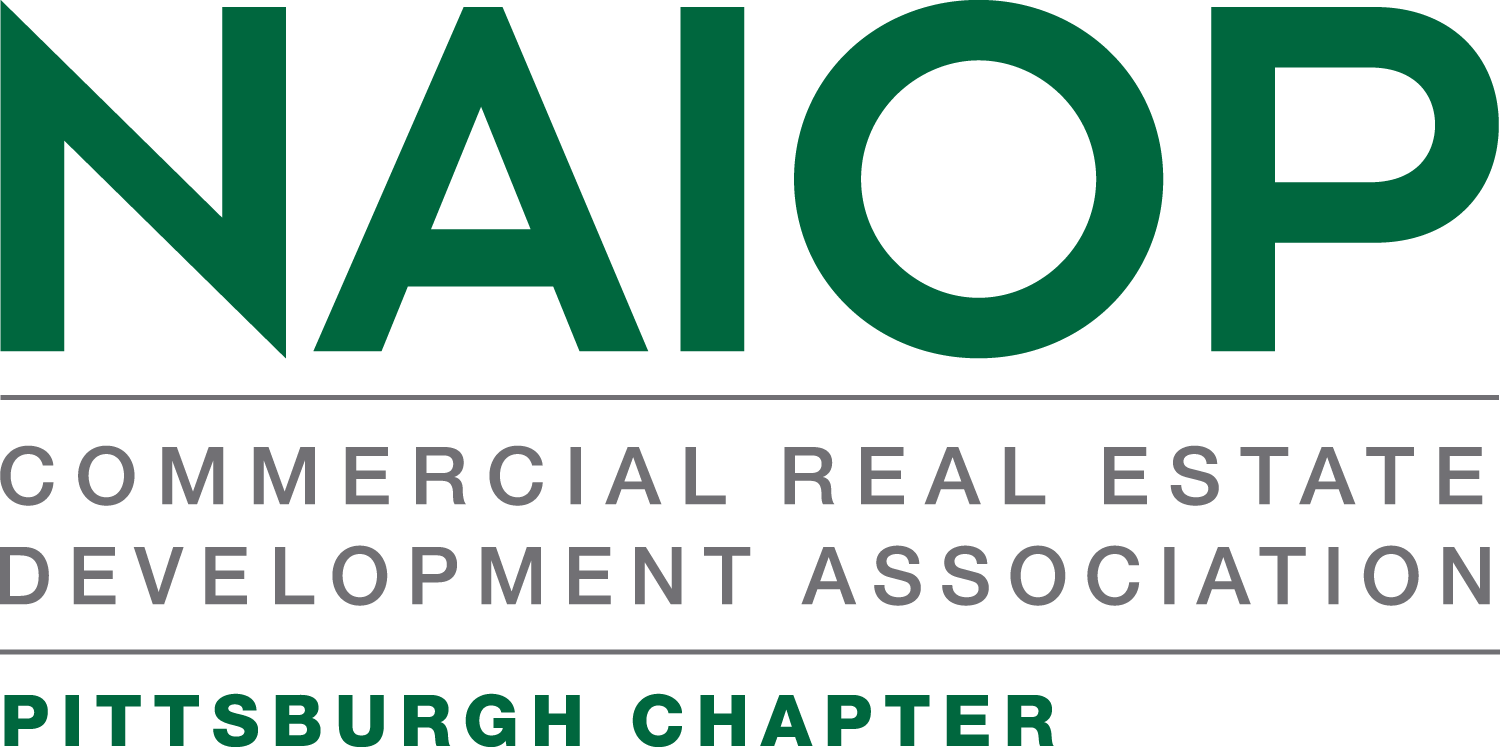COVID-19: MOVING ENTITLEMENTS FORWARD
By Bohler
With Creativity, the Entitlement Process during COVID--19 Brings Unexpected Opportunities.
While the land development permitting process may look different now, it is possible to entitle properties in the wake of COVID-19. Applicants might even see unexpected benefits and opportunities in pursuing approvals, now. Though the process varies between states and jurisdictions, here is what Bohler’s Teams are seeing across the country and the ways we are collaborating with jurisdictions and clients to move projects forward.
Jurisdictional and Agency Submissions
What We’re Seeing:
Most jurisdictions and agencies are still processing land development applications. Some continue to accept hard-copy submissions via drop-off bins. Other jurisdictions are accepting electronic submissions. Many municipal staff members are working remotely or in staggered shifts.
Even with a smaller percentage of staff present in the municipal offices, jurisdictions are eager to keep applications moving. Doing so reduces the anticipated backlog of submissions once “business as usual” resumes. It also allows the jurisdictions to continue collecting much-needed permit fees.
A Different Approach:
Applicants aren’t the only ones adjusting to a new submission process–jurisdictions are, too. At Bohler, we are helping jurisdictions adapt to these changes. In promoting the efficiencies of electronic submissions, our Teams are encouraging their adoption. We are also collaborating with jurisdictional staff regarding the technology to put the above approach into practice.
For hard copy applications, our Teams are working with staff on the logistics of how and when applications are received. Even small details are being reworked, like postmarking and time-stamping packages.
We are collaborating with municipal engineers and agency reviewers, many of whom are working from home, to promote reviews.
Unexpected Opportunities for Applicants:
In general, the entire review process has relaxed a bit in some jurisdictions. With site inspections on hold and fewer distractions created by reviewers working remotely, reviewers’ workloads have changed. It has freed them up to answer questions and respond faster, allowing applications to be processed more quickly.
Public Hearings
What We’re Seeing:
Most hearings are being held by phone or via video-conferencing technology. Often, the applicant is not able to provide input or expert testimony.
As a way to include the public in these virtual meetings, some boards are using a two-meeting process. In the first meeting, the board reads and discusses the application. Then the public has a set number of days before the next meeting to submit or ask questions. The second meeting then addresses the public’s input.
States are already taking action to formalize the virtual hearing process. The Pennsylvania State House is in the process of passing a bill allowing municipalities to conduct public hearings through telecommunications while Pennsylvania is subject to a declaration of emergency. The bill outlines the steps needed to include public input. In early March, Governor Cuomo took a similar step in waiving some provisions of New York’s Open Meetings Law. Other states will likely follow their lead.
A Different Approach:
It takes more than a solid presentation to succeed in a virtual hearing, especially when you can’t give one. Reviewing boards need as much information as possible, sent in an organized fashion, to render a decision with limited (or no) input from the applicant and design experts.
Our Teams are taking extra steps to set up the presentation in advance. Bohler is sending board members detailed lists of all exhibits and presentation materials in the order they will be reviewed. We are participating in pre-coordination calls to outline who will speak and when, while others stay muted.
To address public response, Bohler’s Teams have amped up virtual pre-coordination efforts with local civic groups. Often, our Teams work to obtain a letter of support from these groups to submit with the application.
Our Teams are also encouraging jurisdictions to embrace technology and adopt virtual hearings. Sharing what has and hasn’t worked in other areas helps jurisdictions establish and refine their own processes.
Unexpected Opportunities for Applicants:
As with submissions, Bohler is finding that jurisdictions and agencies want to keep applications moving forward. Many are reluctant to adjourn hearings if applications are comprehensive and well-coordinated.
Moving Entitlements Forward to Come Out Ahead
In a volatile market, developers need confidence that they can secure project approvals. Though the process is different under our Country’s current landscape, it is possible to move entitlements forward–and perhaps even secure approvals more quickly than usual.
It may be an opportune time to keep projects moving, especially those requiring a complex and lengthy permitting strategies. Doing so could position you and your project to emerge from this difficult and challenging situation ahead of the game, entitlements in hand.
If you have questions about your jurisdiction’s current entitlement process, contact our specialists. We have 700+ Bohler employees working remotely throughout the Country. Our Teams are continuously communicating with officials, reviewers, and inspectors to understand their current operations and help our clients maintain momentum.
